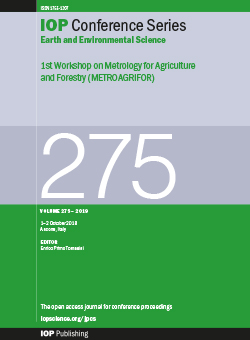Can the improvement of individual well-being predict rural residents ‘choice of green cooking energy consumption? — Evidence from CFPS 2016

Share this post on: Twitter Facebook
Based on the data of CFPS2016, this paper used binary Logistic regression model and coefficient of variation weighting method to weight the subjective and objective dimensions of individual well-being, and discussed the impact of subjective and objective well-being of rural residents on green cooking energy consumption. The study found that:(1) The increase of Nagelkerke R2 reached 51.2% after adding the subjective and objective well-being variable, which indicates that well-being is of great significance in explaining rural residents ‘green cooking energy consumption behaviour.(2) The subjective well-being and objective well-being of rural populations have a significant positive predictive role in green cooking energy consumption.(3) The variation coefficient of rural residents’ subjective environmental attitudes is the highest, indicating that there is a large difference in the level of environmental attitudes among rural groups. Subsequent governments should take it as an important point to guide the improvement of the overall level of rural residents’ environmental attitudes.(4) The demographic factors, gender, age and region of rural residents have significant influence on the choice of green cooking energy consumption. The above research is helpful to understand the influencing factors of rural residents’ green cooking energy consumption behaviour from the perspective of consumers, enrich academic literature in related fields, and provide reference for other green energy consumption behaviours of rural residents in China.
Published online: 25 October 2019
Published under license by IOP Publishing Ltd
Appear in IOP Conference Series: Earth and Environmental Science
Authors: Min Liang, Shuai Wang, Ying Zhang, Siwatt Pongpiachan, and Yan Sun